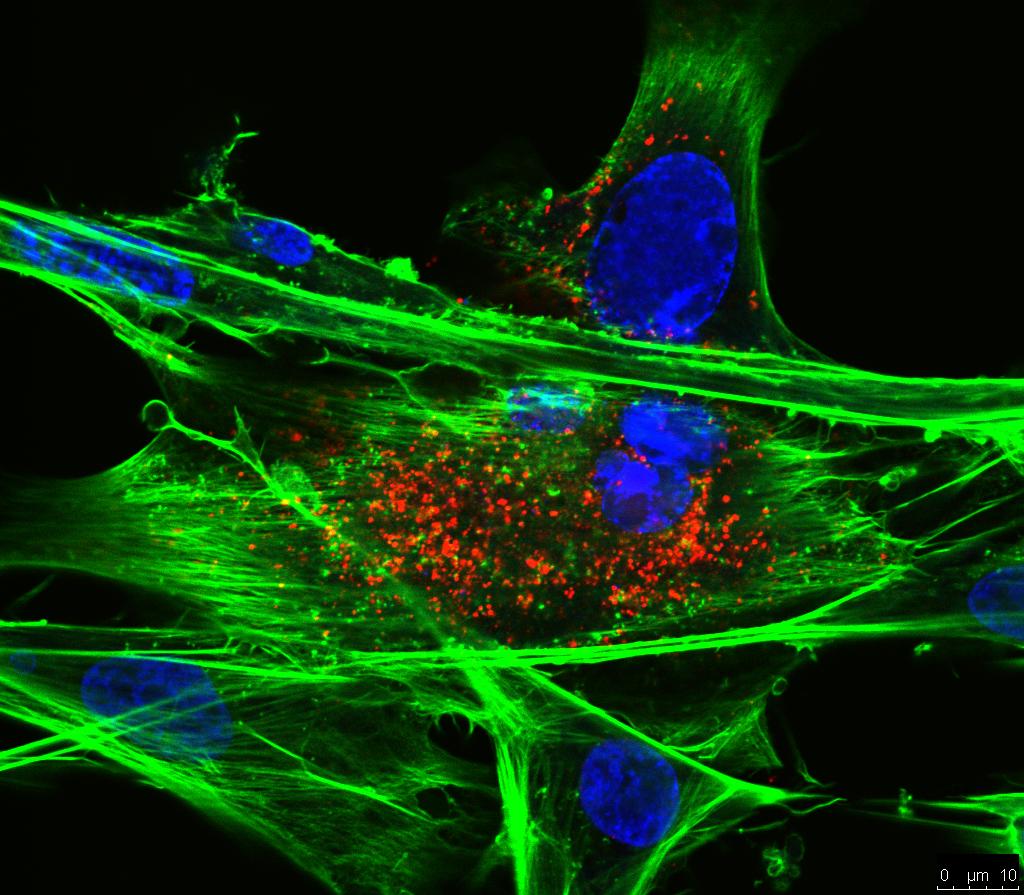CCCH-type zinc finger antiviral protein mediates antiviral immune response by activating T cells
The zinc finger antiviral protein (ZAP), as a host restriction factor, inhibits the replication of certain viruses by binding viral mRNA or proteins for degradation. However, little is known about the role of ZAP in the antiviral immune response. We now show that ZAP participates in the antiviral immune response by activating T cells. Overexpression of ZAP significantly inhibited avian leukosis virus subgroup J (ALV-J) replication and reduced the associated inflammatory damage in vivo. In this study, we found that ZAP tended to be expressed in T lymphocytes, especially after ALV-J infection. T lymphocyte proliferation proceeded as usual in response to ALV-J infection in the presence of ZAP, indicating that ZAP endows T lymphocytes with resistance to the immunosuppression caused by ALV-J. Furthermore, ZAP activated cytokine secretion by T lymphocytes by contributing to nuclear translocation of nuclear factors of activated T cells and indirectly promoted anti-ALV-J antibody generation. Together, our findings show that ZAP, acting as an immunomodulatory factor, is involved in the antiviral immune response via T lymphocyte activation.

